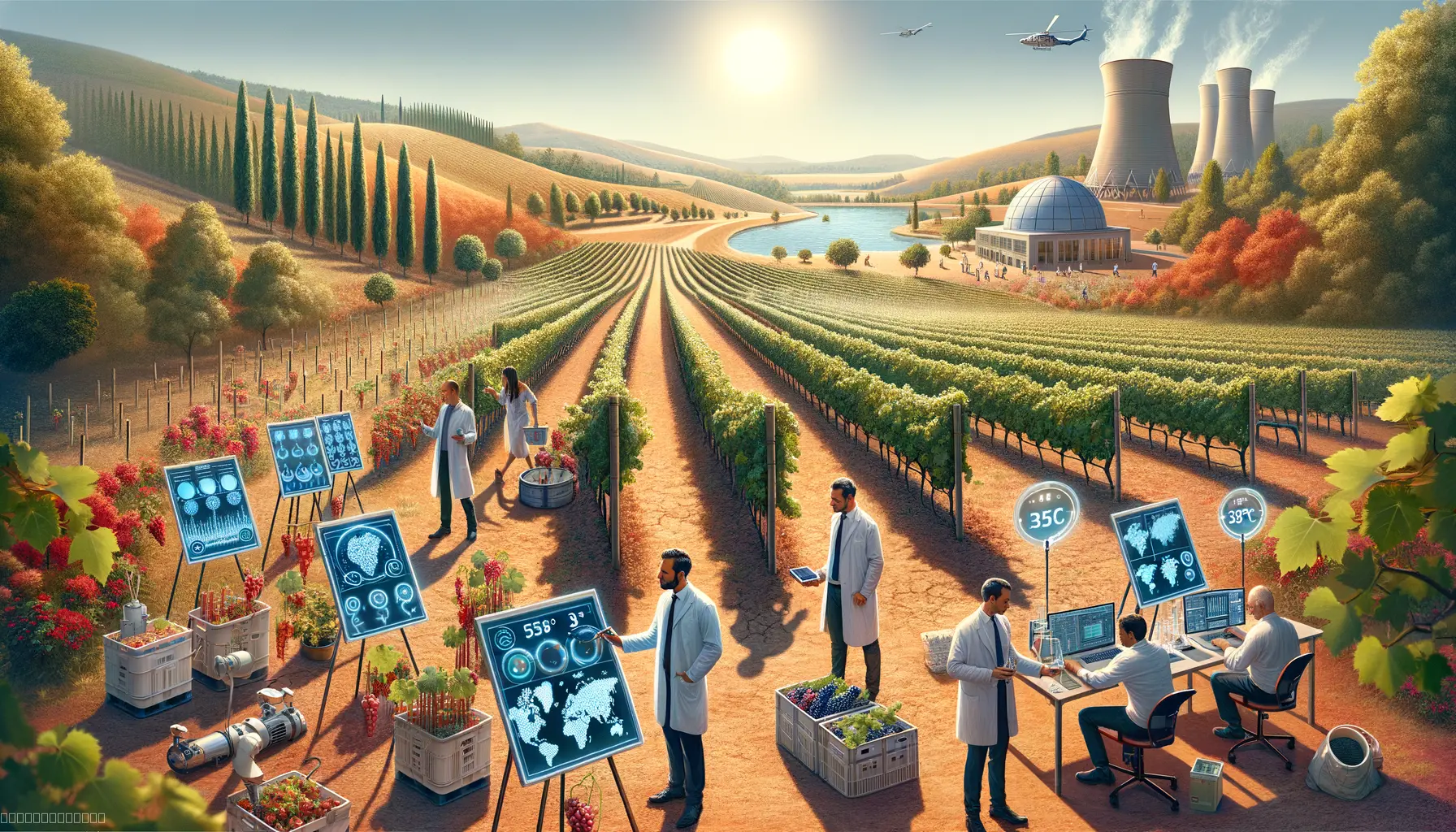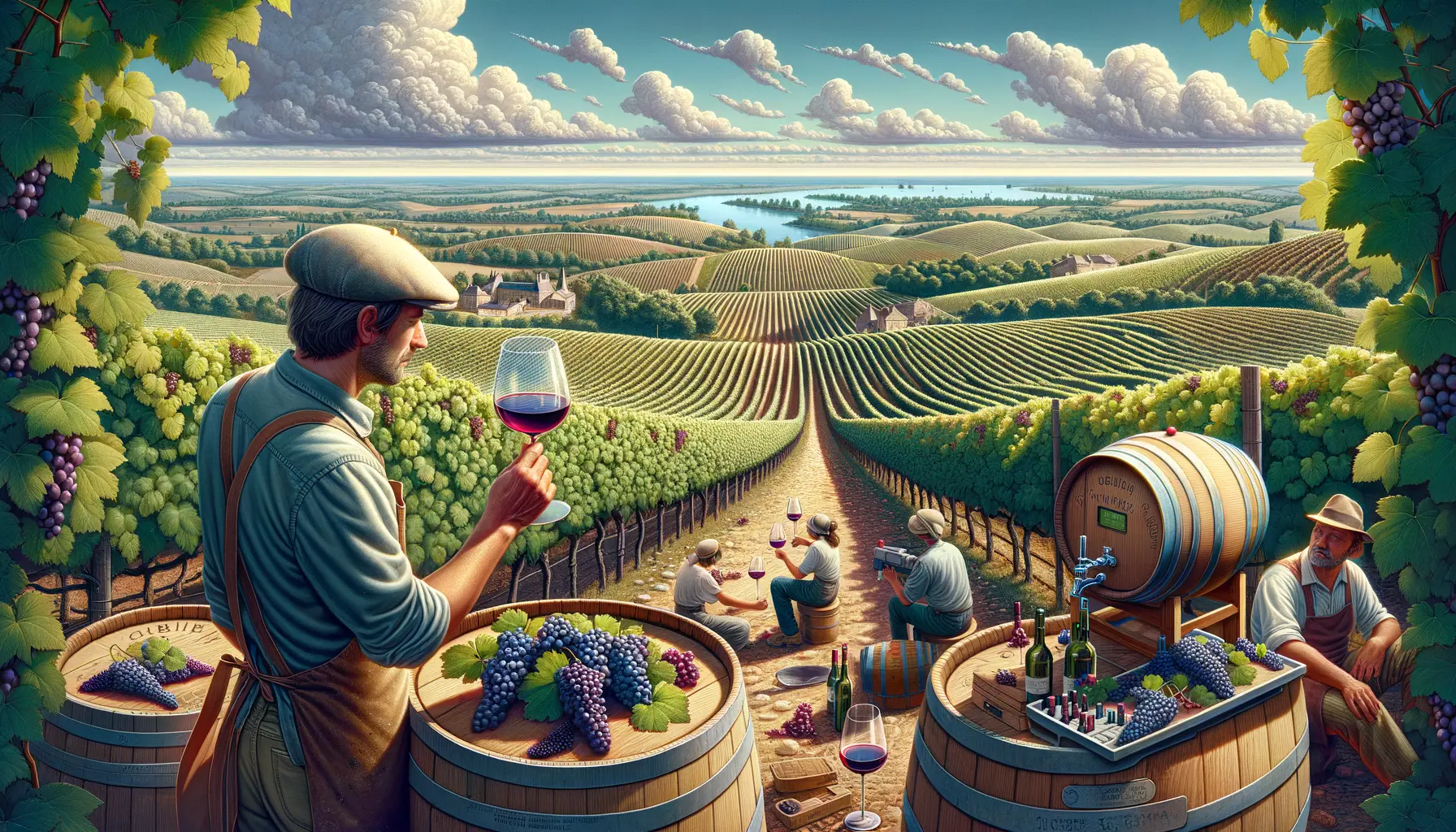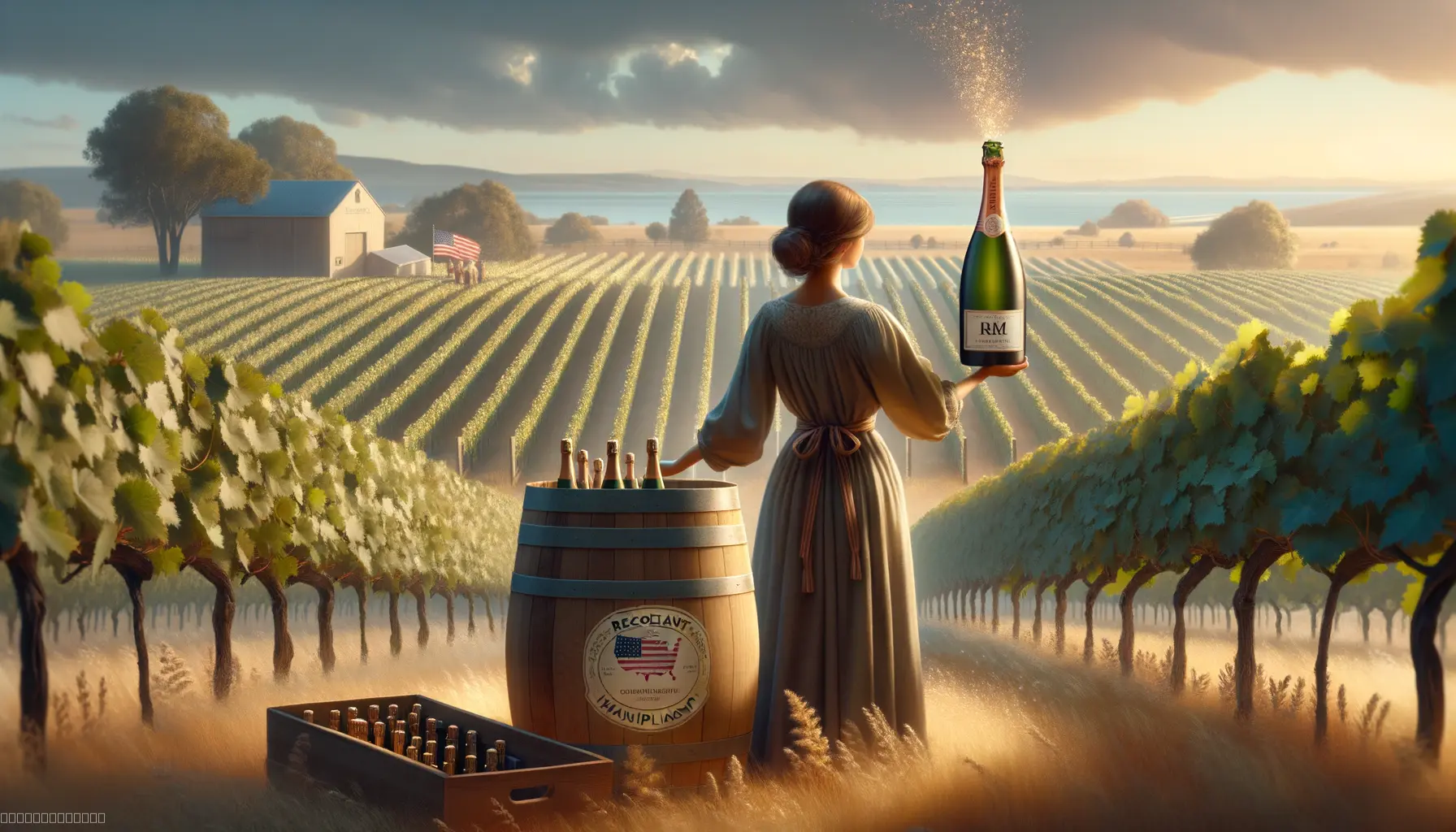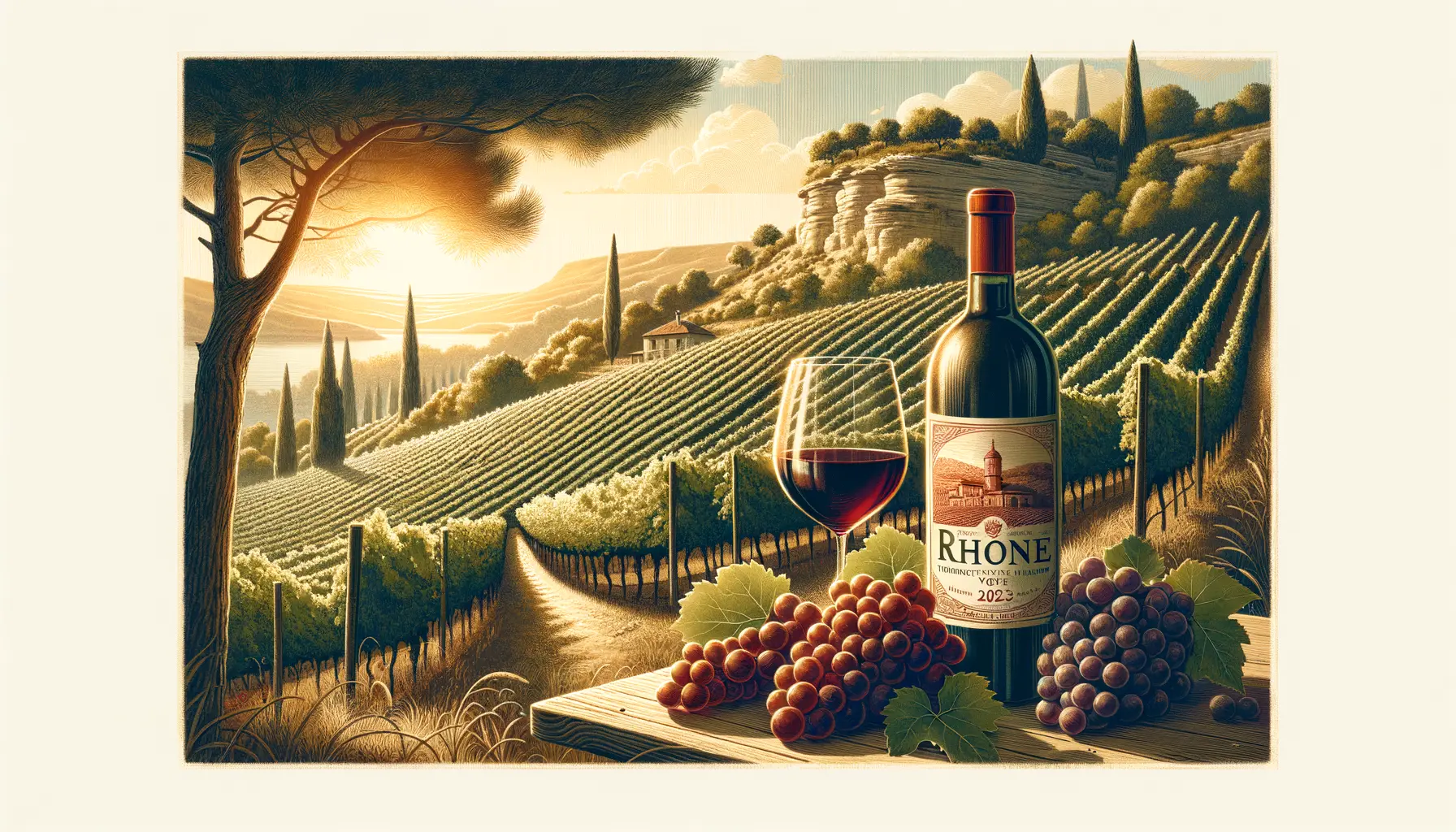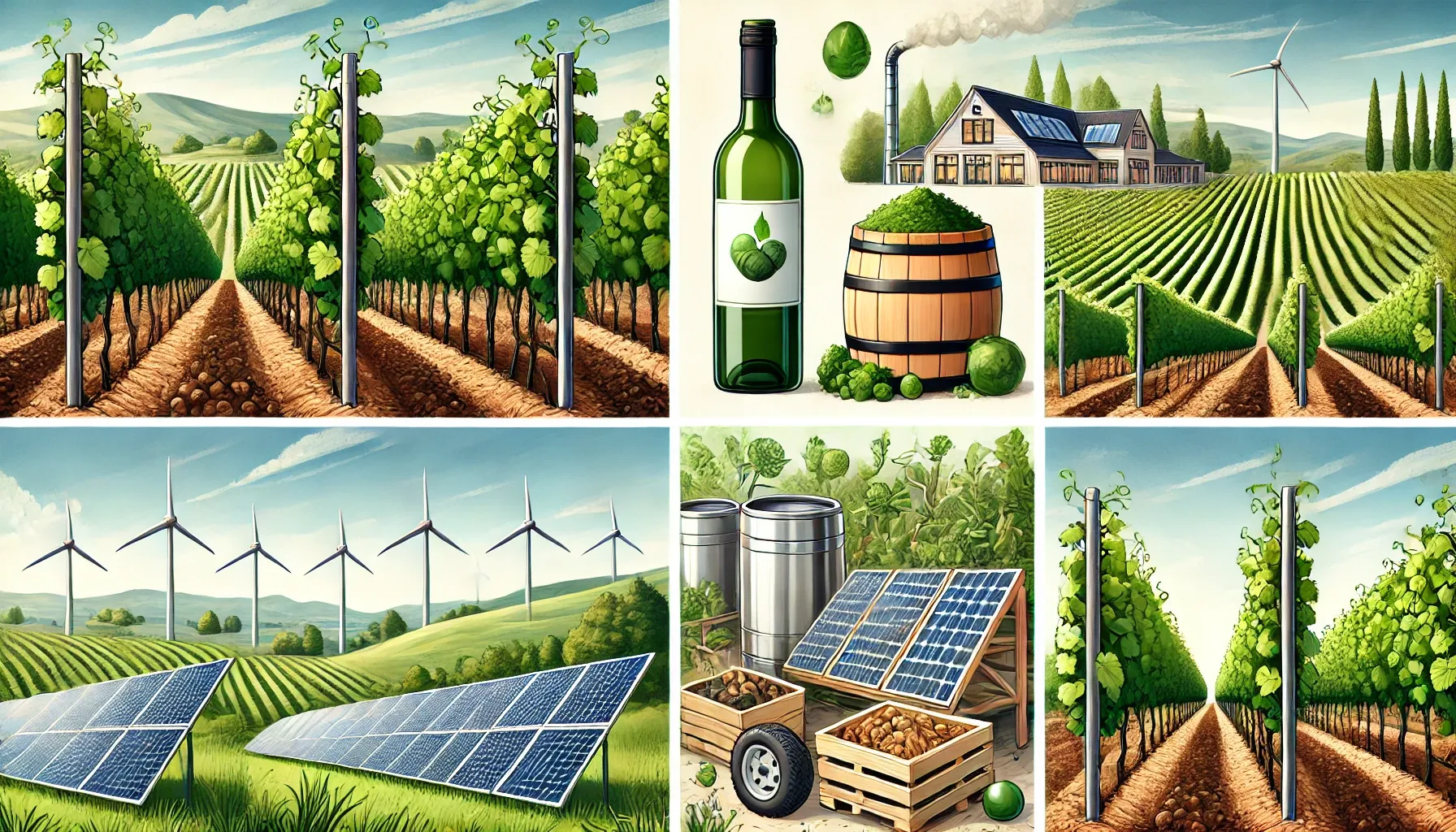
As sustainability takes the spotlight in the wine industry, it's essential to dissect its complexities and understand its practical implications. Many in the business herald the virtues of sustainable wine programs, but what does "sustainability" truly mean, and how does it affect both producers and consumers?
Understanding the Term "Sustainable"
During a recent meeting with winemakers, a respected industry veteran challenged the group by questioning the meaning of "sustainable." The term gets thrown around so much that it has become almost an "ism" in itself. Although there are specific criteria for sustainability certifications, the term "sustainable" can be incredibly flexible, sometimes to the point of ambiguity.
For instance, sustainability claims in wine can vary significantly. A memorable example involves a Chilean wine labeled as "sustainably dry-farmed." A bit of research revealed that this meant the vines were irrigated, but only when absolutely necessary. Thus, "sustainably irrigated" might have been a more accurate, albeit still broad, term.
The Disconnect Between Producers and Consumers
Industry experts like Alessandro Torcoli highlight that while sustainable viticulture is crucial, the conversations surrounding it can become repetitive and fail to resonate with consumers. He asserts that there's an unprecedented disconnect between the efforts of wine companies and consumer awareness. Being sustainable requires significant effort—bureaucratic, financial, and organizational—but this is often not reflected in consumer behavior.
The Paradox of Packaging
One observable inconsistency is in wine packaging. Heavy-weight glass bottles, for example, can undermine a winery’s commitment to sustainability. Some bottles even weigh more than the wine they contain, adding an unnecessary carbon footprint. Critics are taking note, with some refusing to review heavy-weight bottles altogether. In contrast, lighter bottles, like the USDA-certified organic Domaine Bousquet’s Virgen Malbec that weighs only 402 grams, exemplify that it’s possible to align packaging with sustainability goals.
The Economics of Sustainable Wine
Economically, there's debate on whether sustainable wine justifies a price premium. Surveys indicate that consumers are willing to pay more for sustainable products, but actual purchasing behavior tells a different story. If buyers truly paid a premium, sustainably grown grapes should fetch higher prices. However, no clear sustainability premium seems to exist, which is problematic, especially given that many winegrape growers already face economically unsustainable prices.
The term "sustainable" itself is used in so many different ways—certified programs, unregulated common use, and self-proclaimed sustainable practices—that it confuses rather than clarifies.
Unpacking the Term for Better Understanding
The widespread and often vague use of "sustainable" calls for a deeper dive into its specific components. For example, there is documented consumer preference toward products with clearly defined ethical commitments, as demonstrated by a UK supermarket chain's success with ethically sourced chocolate. Yet, a survey cited in the Wall Street Journal reveals that while 80% of respondents claim to care about sustainability, less than 7% are willing to pay extra for sustainable products.
Moving Forward in Sustainable Wine Practices
Despite significant strides, the wine industry faces the challenge of making sustainability resonate more effectively with consumers. It may be beneficial to move beyond broad terms and emphasize specific, actionable commitments to build consumer trust and understanding.
As we move forward, it's crucial to refine and clarify what "sustainable wine" means in practical terms. Producers and industry leaders should strive to educate consumers and transparently communicate the real impacts of their sustainability efforts. To explore more about sustainable wine and how you can contribute to ethical wine consumption, visit https://www.quincy.asia/register.
